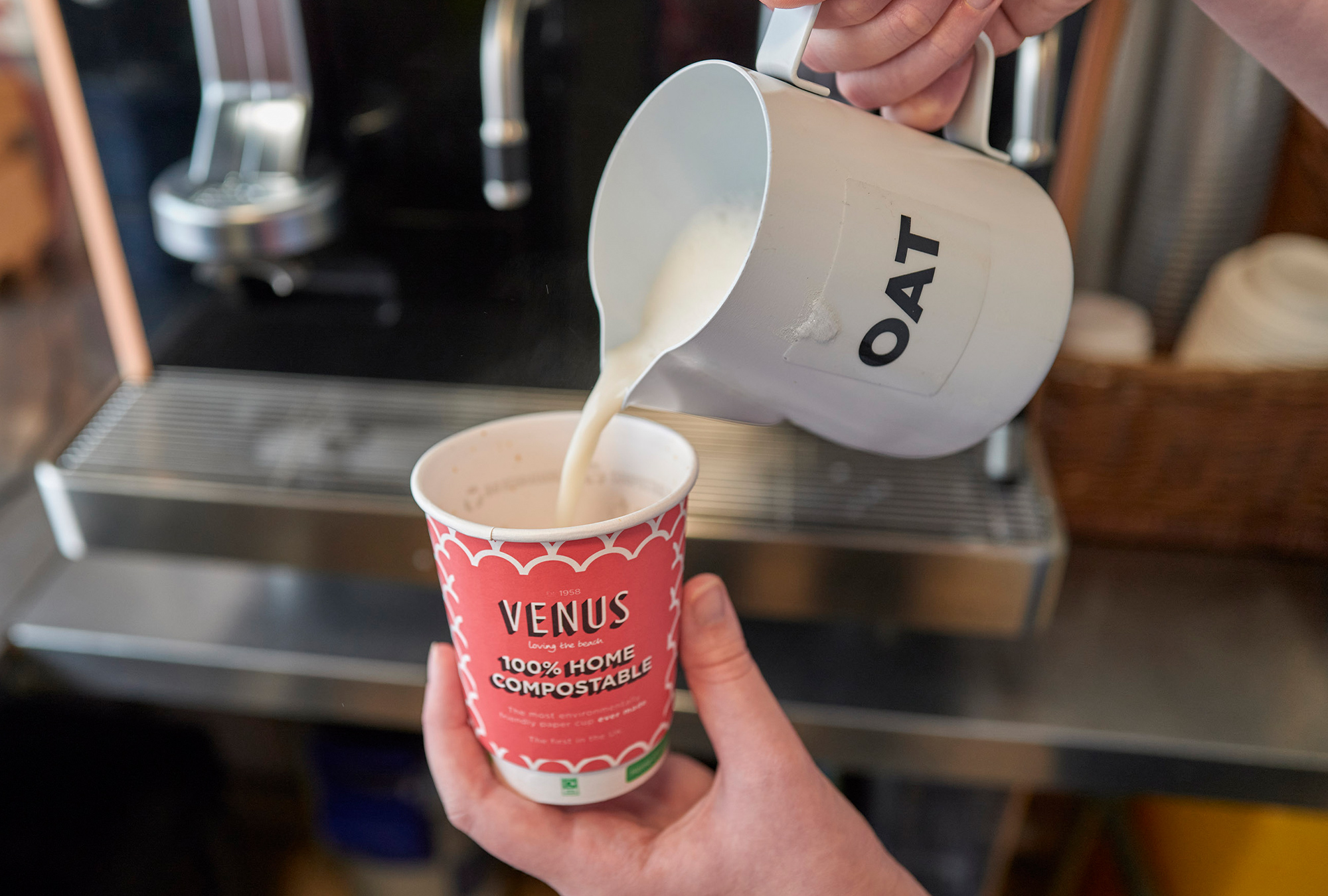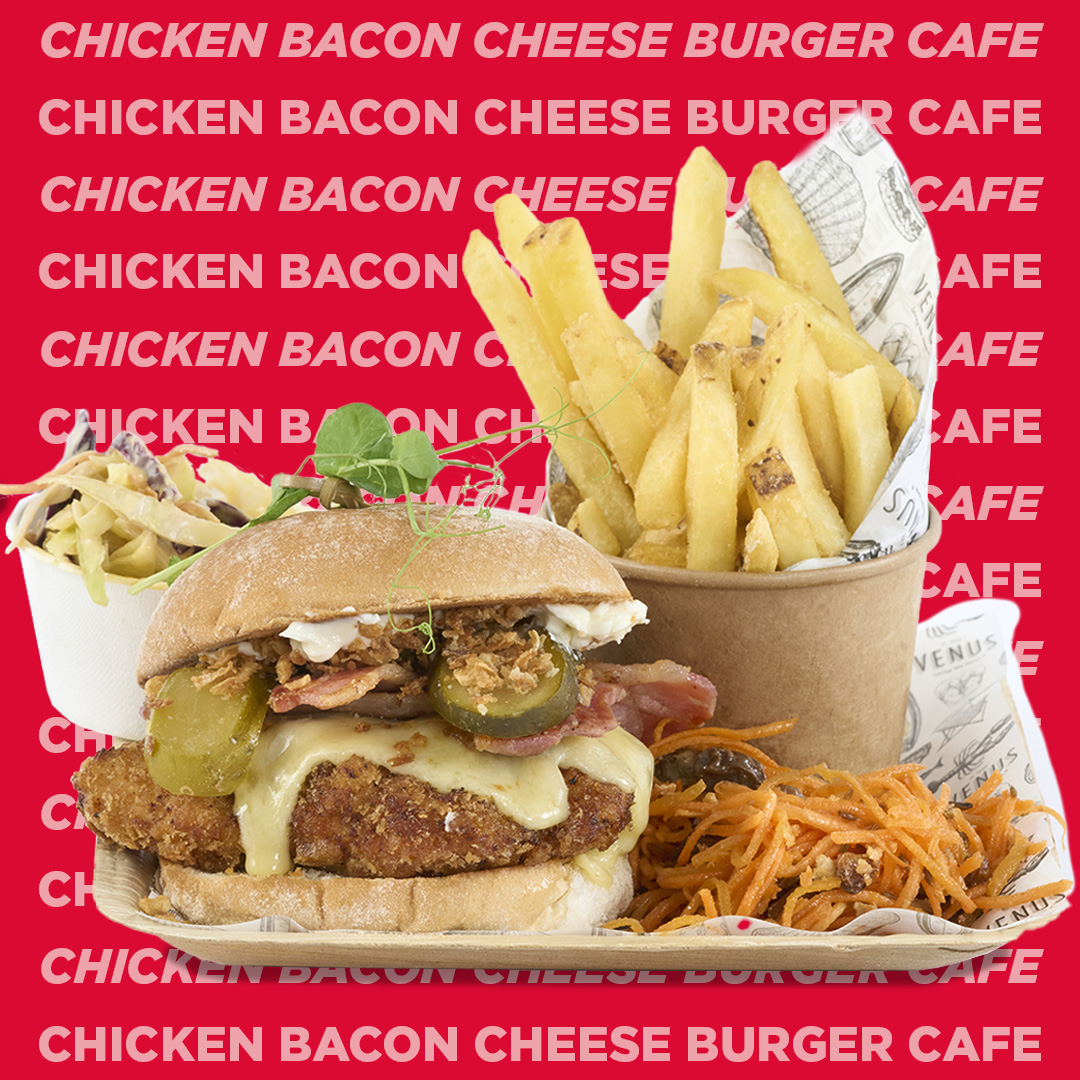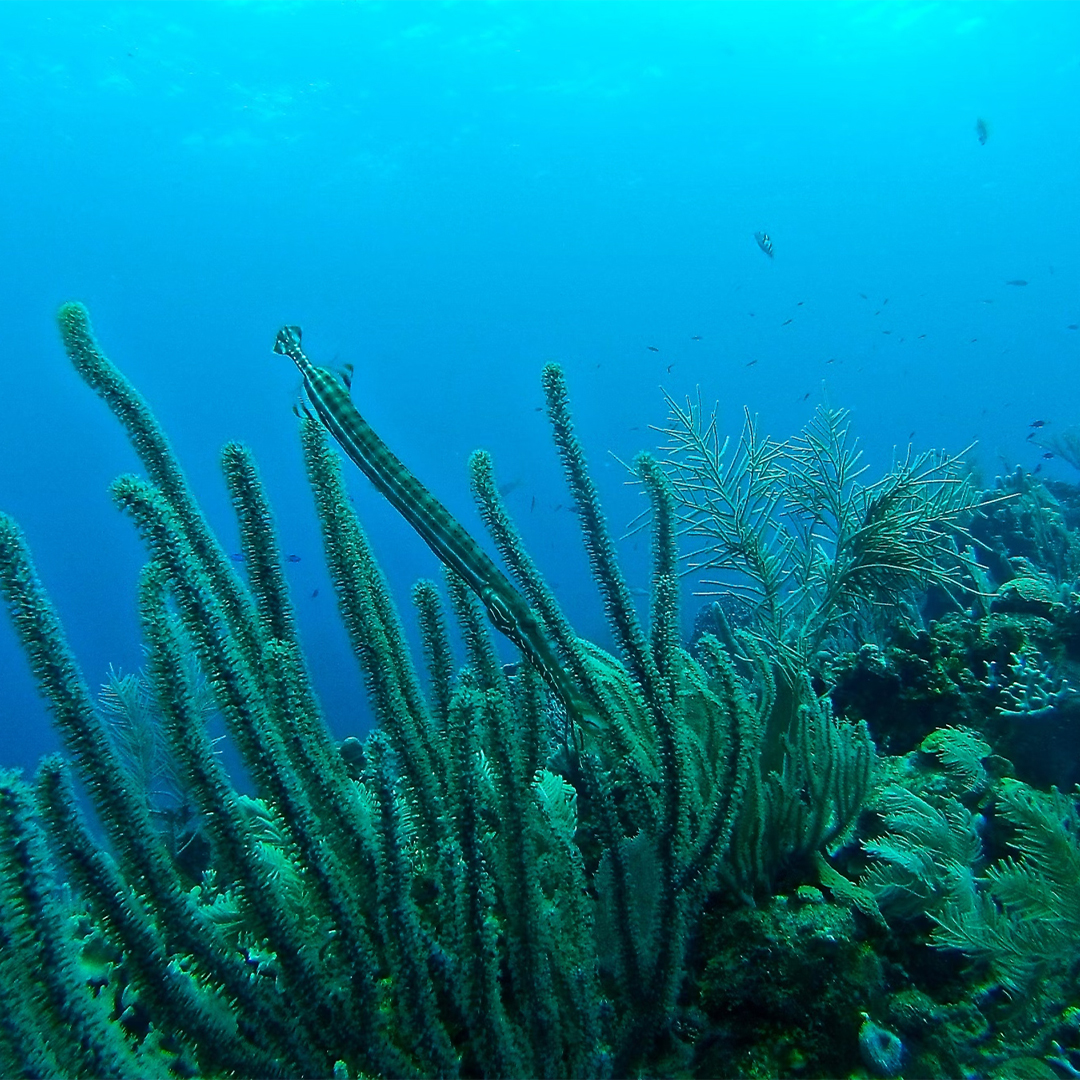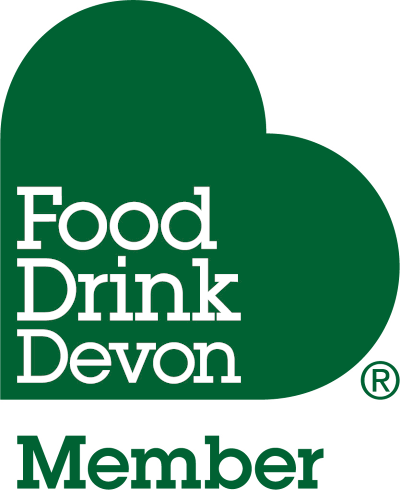HOME COMPOSTABLE PACKAGING
Looking after our immediate environment is critical including all wildlife around us. We focus on home compostable to ensure that any items which aren’t put in the bins and ends up in the sea or on the beach aren’t left to pollute for years to come and don’t harm any living thing. Home compostable means that the product will decompose naturally on a home compost heap leaving no residue or toxins. We don’t believe that the environmental answer is transporting rubbish hundreds of miles to energy intensive recycling centres. This seems a nonsense and an inappropriate answer to the environmental challenges we face.
We are proud to have been the first in the UK to adopt fully home compostable palm plates, hot cups and lids, cake wrappers, cling film and cleaning materials. Our search for home compostable continues all the time and we will continue to be early adopters of all new plant-based home compostable packaging.
The Venus company likes to work with like-minded companies who share their ethos. This includes Sovereign Partners founded three decades ago, selling innovative packaging to the upmarket food and coffee to go market with sustainability as the key ingredient and who supply our natural palm plates.
Other like minded suppliers are: Two Farmers crisps growing their own potatoes and using homecompostable crisp packets - other manufacturers' crisp packets are plastic lined and are a scourge on beaches and oceans. Rubies in the Rubble ketchup has 1/2 the sugar of the famous brands and uses fallen pears to add natural sugars. Eversfield Organic supply grass fed native Devon cattle for our beef burgers. The Canned Wine Company have great wines in cans which saves 70% CO2 compared with a glass bottle.
We commissioned an in-depth case study by Cranfield University, a leading British research centre, to compare the environmental impact of using sustainable single-use palm plates and wooden cutlery for our Venus cafes against crockery and stainless-steel cutlery.
The Cranfield University team led by Dr Adrian Williams, made the comparison using Life Cycle Assessment (LCA), which quantifies environmental impacts from raw materials through manufacturing and use to final disposal. The study focused on Venus’s operations, based on annual servings of 22,000 main meals. Several environmental impacts were assessed, but we focus on climate change.
The bio-based utensils were Areca palm plates from India and birchwood cutlery from China, with all waste collected and managed by a contractor. Ceramic and SS utensils are washed by machine after every serving. Some are lost or broken every year and replaced with new.
Using bio-based utensils reduced the carbon footprint from manufacturing to use by about 2/3. Manufacturing and delivery were similar between, but the big difference was in energy and water used in dishwashing.
Sending all waste to landfill increases emissions from bio-based utensils by 400 kg CO2, eg more than from re-usables. In contrast, energy from waste with resource recovery creates a GHG “credit” from bio-based utensils of 750 kg CO2, based on offsetting a contemporary electricity mix.





